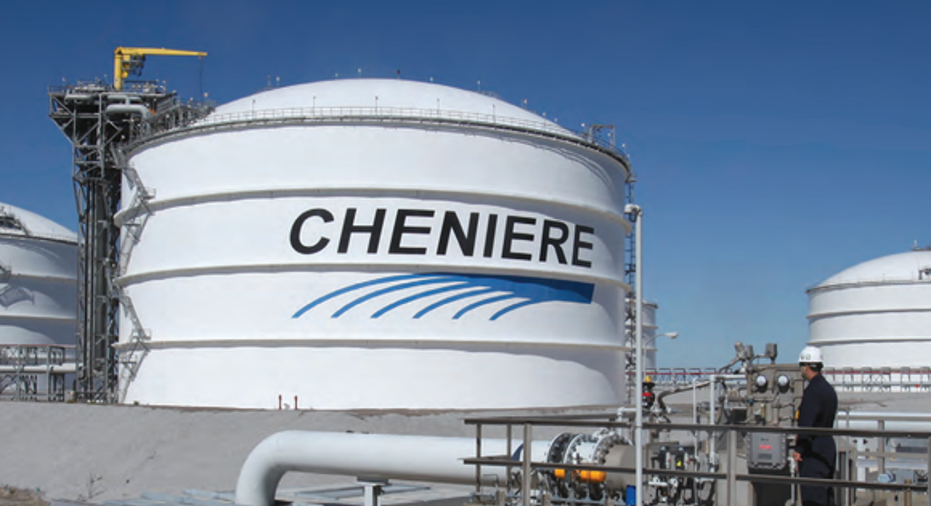Cheniere Energy's Management is Finally Talking to Investors, Here Are 4 Things They Want You to Know

Image source: Cheniere Energy annual report
Even though Cheniere Energy (NYSEMKT: LNG) has been a publicly traded company for years now, the company has never hosted a quarterly conference call to discuss its results. Then again, there was little need to do so since there wasn't much to discuss other than the construction of its LNG export facility. Now, after 45 months of construction, its Sabine Pass LNG terminal has started delivering its first cargo and the company is actually generating revenues worth reporting.
On the company's first quarterly conference call, here are the things that management thinks you should know.
We're doing things differently now
Now that Sabine Pass' first of five LNG liquefaction trains is up and running and Jack Fusco is firmly implanted as the new CEO after replacing ousted founder and former CEO Charif Souki, Fusco wanted to let analysts and investors know that the company is going to communicate better such that investors will have a clearer picture of what management is thinking on a quarterly basis.
There are a lot of things to unpack in that simple statement, actually. It suggests that the company will likely take development at its two LNG export terminals at a slightly slower pace than former CEO Souki had in mind to start.
It also suggests that the company will do something about its complex corporate structure, most notably its two subsidiaries Cheniere Energy Partners (NYSEMKT: CQP) and Cheniere Energy Partners Holdings (NYSEMKT: CQH). The two subsidiaries were created as a way to raise cash to construct its two LNG facilities, but in doing so it makes it hard for investors to follow the company'sfinancialstatements.
Here's why you should invest in us
While the overall investment thesis hasn't changed much with new management in place, Fusco wanted to be clear why Cheniere Energy is worth investing in over the long term
Where we can go from here
A big question mark for anyone investing in Cheniere Energy is where the company will be able to go once its two LNG facilities are up and running. Sure, it could build another multi-billion terminal, but having some smaller projects in which to invest could help balance out growth. Fusco highlighted one recent investment the company is looking at, and suggests there are even greater opportunities like this in the future.
What makes this significant is that it is an investment that uses what Cheniere already has -- lots of volumes to LNG to sell on the spot market -- and finds a way to effectively use them to ensure more stable cash flows. Don't be surprised if we see other deals like this in the future from Cheniere.
Making things simpler to understand
Further addressing the fact that Cheniere has a corporate complexity issue on its hands, CFO Michael Wortley made some pretty veiled comments about the future of its corporate structure.
Perhaps I'm speculating here, but this seems to suggest that it could consolidate its subsidiaries in the future. The lowesthangingfruit in that regard would be to buy out the remaining stake in CheniereEnergy Partners Holdings. The parent company already owns an 80.1% stake in the entity and its only purpose is to own shares of Cheniere Energy Partners. It will be worth watching how the company plans to handle its plans to simplify the business in the near future.
A secret billion-dollar stock opportunity The world's biggest tech company forgot to show you something, but a few Wall Street analysts and the Fool didn't miss a beat: There's a small company that's powering their brand-new gadgets and the coming revolution in technology. And we think its stock price has nearly unlimited room to run for early in-the-know investors! To be one of them, just click here.
Tyler Crowe has no position in any stocks mentioned. You can follow him at Fool.comor on Twitter@TylerCroweFool.
The Motley Fool has no position in any of the stocks mentioned. Try any of our Foolish newsletter services free for 30 days. We Fools may not all hold the same opinions, but we all believe that considering a diverse range of insights makes us better investors. The Motley Fool has a disclosure policy.



















